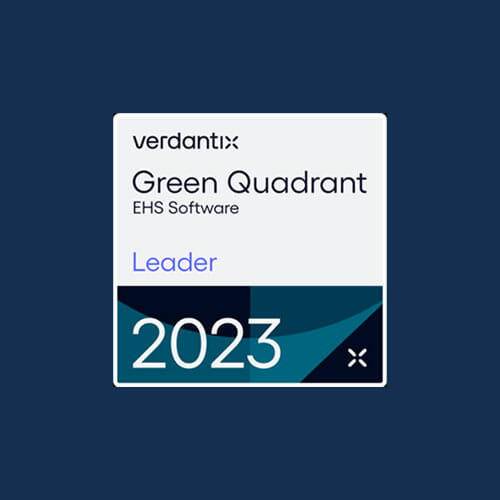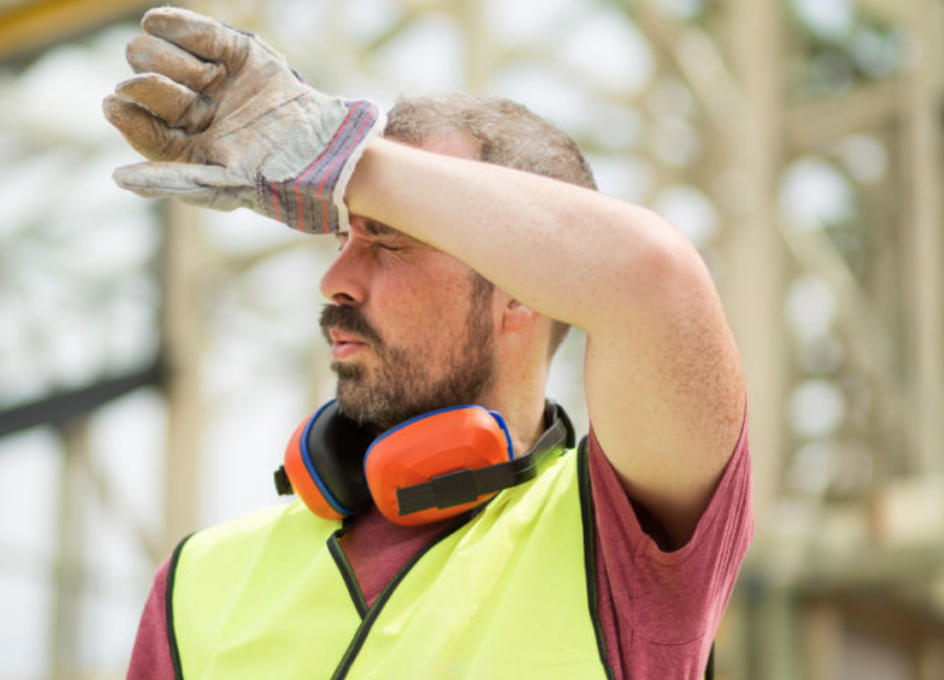Just in time for summer in the Southern Hemisphere, Cority hosted a webinar in partnership with the Australian Institute of Occupational Hygienists on the topic of managing heat stress and heat-related illness.
Noted occupational hygienist, Dr. Ross Di Corleto provides answers below to some of the questions from audience members we didn’t get a chance to cover during the webinar.
What are your thoughts on the use of rehydration drinks and popsicles to aid in managing heat-related illnesses?
They have their place in the rehydration programme. There has been some work published which demonstrated a small lowering of the core temperature with the use of ice “slushies” and there is a variable subjective cooling effect so workers do enjoy them in the heat.
There is no question that in some situations electrolyte replacement is important and should be considered as a part of any rehydration programme. Where the jury is still out is whether they should be the mainstay of a rehydration programme or if water should be the primary rehydration fluid with the electrolyte used as occasional supplements. This again will depend on the specific scenario involved. One other consideration is that they can improve the palatability of the water which can be a benefit where the water supply is variable.
What are the best types of body cooling devices? Vests or Neck wraps?
Cooling vests which utilise air supplied via a vortex cooling system are very effective especially if used in conjunction with an air fed respirator but you need to be tethered to an air line. Ice vests or the more modern “phase change” vests can be effective and provide some cooling effect as they cover a large surface area but their cooling effect can be limited by the work environment and in my experience, some individuals find them cumbersome or uncomfortable. In relation to the neck wraps, you may want to check out this short blog on the topic.
When working in the sun, is it better to wear short sleeve shirts and shorts or long sleeve shirts and trousers? What about hats and sunscreen?
This is a question that is at the centre of considerable debate. There is some benefit from wearing short sleeves/trousers in the right climate, i.e. low humidty and good air flow as this exposes more skin for better evaporation of the sweat and hence cooling. Having said that, in a study a few years back by Sinclair, W. H., and Brownsberger, J. C., (2012) they concluded that “wearing long pants while working outdoors in the tropics does not yield higher body temperatures.”
The other aspect is that it is well known that sunscreen needs to be regularly applied to be effective and this is not often the case in practice. The bottom line is that this needs to be balanced off against the other risks associated with cuts, abrasions, burns, and cancer via a formal risk assessment. Some additional detail on wearing long-sleeved clothing in the heat can be found here.
Are hi-vis microfibre long sleeve shirts helpful?
It depends on the application. There’s not much value in significant radiant heat scenarios as they provide limited insulation. There’s more value in workplaces where there is good airflow to allow the evaporation of sweat which is a key benefit of the light microfibres.
Is it true that drinking too much water can kill you?
In fact, yes it can. It’s a rare condition called hyponatremia that can occur when the sodium levels in the body fluids drop below 135 mEq/L. What happens essentially is fluids move across the cell barriers, liquid goes into the cells, and the cells start to expand which can result in fatalities. You need to drink quite a bit of water for this to happen, but yes, it is possible.
Are there any long-term health consequences for heat exposure?
This is a question I often get asked. We are always very focused on heat stroke because of the fatality consequence there. But what we’re starting to see in some studies now is the long-term impact – particularly on the kidneys and intestines. There have been some studies done on steelworkers where they saw an increase in kidney stones. But yes, long-term effects of heat exposure are definitely starting to show up now.
Are there any apps you would recommend for thermal assessments?
This would depend on the application. A good simple app for all levels of users is the Thermal Risk app. For the advanced OHS professional, I would suggest the Predicted Het Strain app. This is based on the ISO 7933 standard and a very useful analysis tool. Make sure you go to the University of Queensland website and download the user guide.
Where do you see the future of thermal assessments going?
I would suspect thermal assessments will need to head towards looking more closely at engineering controls and their effectiveness at controlling the environment rather than the work/rest philosophy that was promoted by the WBGT approach. In some cases, we will still utilise this approach as a tool but we need to focus on the upper levels of the hierarchy of controls.
Learn more about managing heat stress
Watch the webinar with Dr. Ross Di Corleto to learn more about how to assess heat exposure and mitigate risk:













